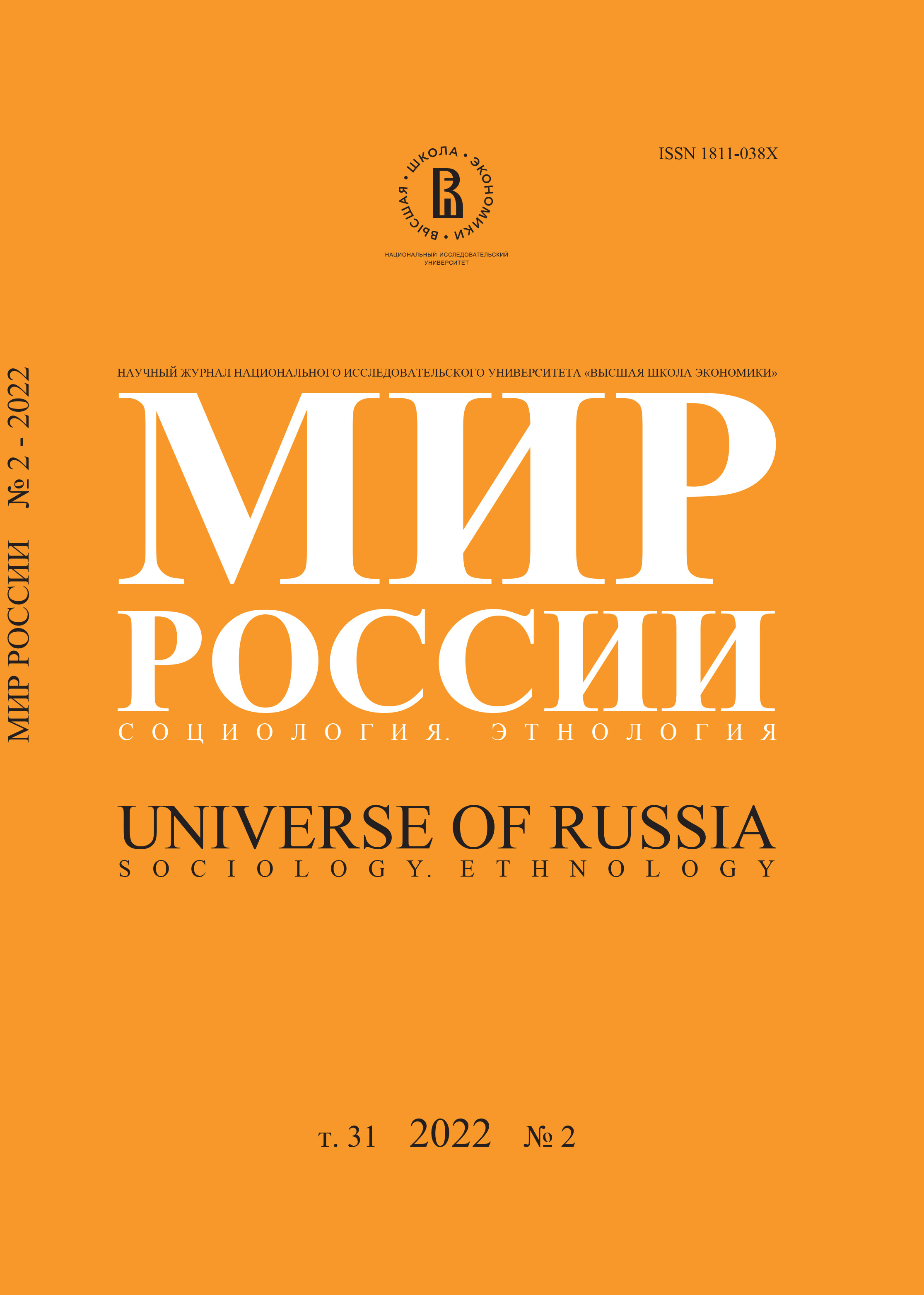“I’d Tear Like a Wolf at Bureaucracy”?
Book Review: Makarenko V.P. (ed.) (2020) Bureaucracy and Authoritarianism: A Program of Interdisciplinary Discussion. Collection of Works, Taganrog: Southern Federal University (in Russian)
Abstract
In this review, I analyze the collection of works representing research on bureaucracy and authoritarianism over the last thirty years edited by professor V. P. Makarenko. Three sections of the collection (The roundtable reflections published in “Voprosi Philosophii”, “Thirty Years Later: the Spheres of Power and Bureaucratic Activity” and “Methodological Reflections”) represent the proceedings of an international conference which aimed to advance the concept
of bureaucracy and the understanding of how it is intertwined with authoritarianism. According to most authors, such an intertwining was established in Russia after the collapse of Soviet Union and prevented the onset of democracy. More specifically these sections address such problems as the correlation between bureaucracy, authoritarianism, and the future of democracy in Russia; bureaucracy and the substitution of politics by management; bureaucracy and leadership; bureaucracy and property; and bureaucracy and its relations with the Russian regions. They also consider the stereotypes of bureaucratic consciousness as a dangerous pathology, and changes associated with the pandemic. The analytical chapters of the collection have a sharp public orientation making them more accessible to a wider readership. Most authors relate the rise of authoritarianism to insufficient democratic education, stating that the middle class with a well-developed legal consciousness is required for the existence of an effectively working bureaucracy. In other words, they place bureaucratism, not bureaucracy, at the core of the problem. The collection discusses the origins of modern Russian bureaucracy and authoritarianism within the Marxist theoretical framework. It also introduces several potentially useful concepts such as authoritarian bureaucracy, noocracy, vetocracy, activity for activity, social reasonable systems, etc., many of which, however, do not receive sufficient development. One such concept—the nomenclature—is discussed in greater detail. Instead of its more conventional definition provided by Voslensky (i.e., as a list of managers and/or persons filling these positions recruited by the ruling party), one of the authors in the collection, Khaytun, suggests linking the nomenclature with the privileges of officials and the concept of reason-oriented social systems which subordinate individual interests and create a specific kind of property possessed by officials. This is neither private nor state property, but a different kind of property that plays a system-forming role in the state.






